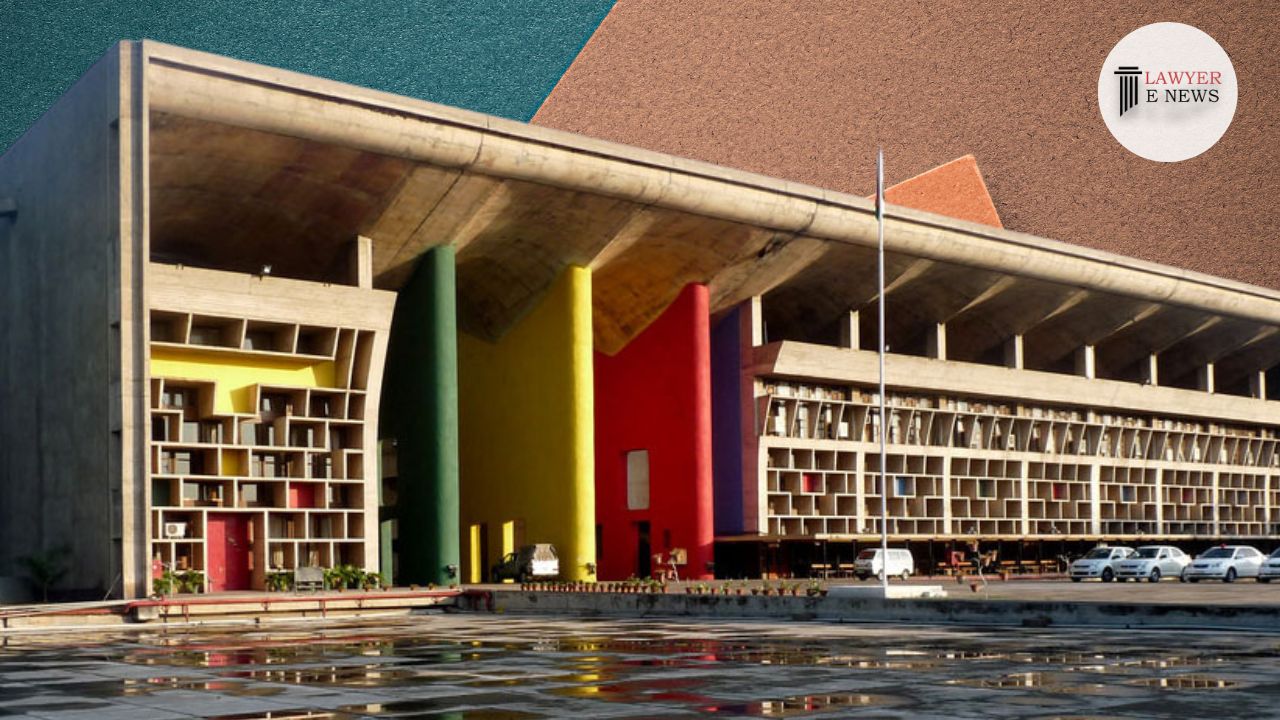-
by Admin
17 February 2026 4:27 AM



In a significant ruling, the High Court of Punjab and Haryana granted bail to Parkash Singh, who was accused under various sections of the Narcotic Drugs and Psychotropic Substances Act, 1985 (NDPS Act). Justice Anoop Chitkara, while delivering the judgment, emphasized the need for stringent conditions in bail for cases involving commercial quantities of narcotics.
The judgment referred to the concept of "candling the infertile eggs" while discussing the stringent conditions of Section 37 of the NDPS Act. This metaphor was used to describe the process of examining and satisfying the severe criteria imposed by the legislature for bail in drug-related offences. The judgment stated, "Satisfying the fetters of S. 37 of the NDPS Act is candling the infertile eggs. The stringent conditions of section 37 placed in the statute by the legislature do not create a bar for bail for specified categories, including the commercial quantity; however, it creates hurdles by placing a reverse burden on the accused, and once crossed, the rigors no more subsist, and the factors for bail become similar to the bail petitions under general penal statutes like IPC."
In the case of Parkash Singh, the Court imposed detailed and stringent conditions for his bail. These included furnishing personal and financial bonds, providing personal identification details like Aadhar and passport numbers, and restrictions on influencing witnesses or tampering with evidence. The Court also limited the possession of prepaid SIMs to one and required the surrender of firearms and ammunition.
Justice Chitkara highlighted the importance of protecting the drug detection squad, their families, and society at large from the potential influence of the accused. He stated, "Given the background of allegations against the petitioner, it becomes paramount to protect the drug detection squad, their family members, as well as the members of society, and incapacitating the accused would be one of the primary options until the filing of the closure report or discharge, or acquittal."
Date of Decision: 15.01.2024
Parkash Singh VS State of Punjab
